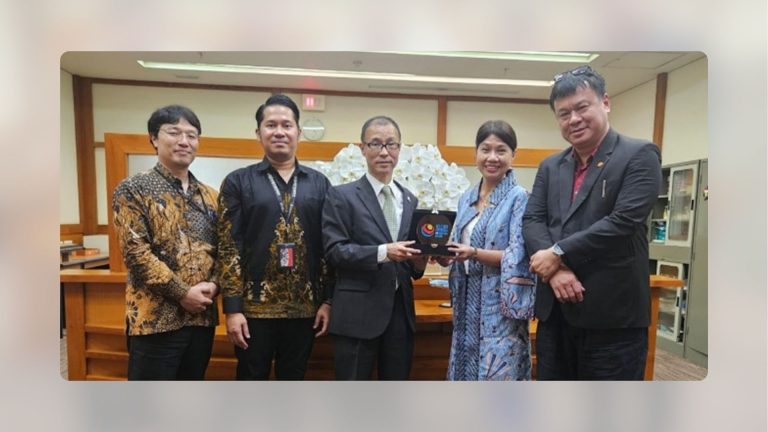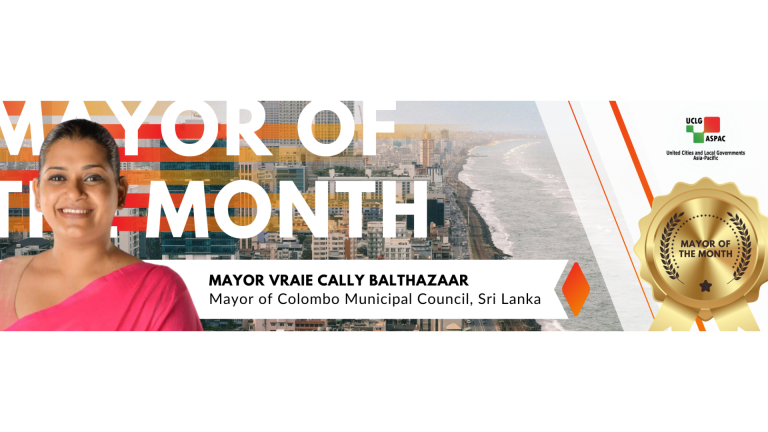UN Economic and Social Commission for Asia and the Pacific (UNESCAP), in collaboration with UCLG ASPAC, held a two-day Workshop entitled“National Workshop on Pro-Poor and Sustainable Solid Waste Management in Secondary Cities and Small Towns: Prospects for the application of anaerobic digestion to treat municipal solid waste in Indonesia.” It aimed to review challenges and opportunities related to solid waste management in Indonesia, and in particular to the application of anaerobic digestion technologies, and to understand the policy framework in Indonesia on solid waste management and 3Rs (Reduce, Reuse, and Recycle). The Workshop also introduced an overview of the pilot project that ESCAP would implement in Indonesia for the conversion of waste into energy and to discuss the interest of for participating cities to host a waste-to- energy pilot.
Attended by more than 60 participants, including around 20 local governments, representatives from the Ministry of Forestry and Environment, the Ministry of Public Works, the Ministry of Energy and Mineral Resources of Indonesia, and other organizations, the Workshop provided a lively interaction among Indonesian cities/regencies and ministries on progress made for 3Rs and organic waste treatment, as well as the updated policies and laws.
Mayor of Jambi, Mr. SY. Fasha, who was present at the Workshop, stated that “Jambi is active in waste management. We are also committed in giving an understanding to the people about 3Rs,” he said. “We explain to them that waste brings cash. Waste banks are available in schools, we want our children from an early age starting from kindergarten, to learn about waste issues. The most difficult part is to change the mindset of people. But our effort is to make them understand the concept.”
Prior to the Workshop, local governments have submitted the questionnaires regarding their waste management’s activities as well as interests in joining the UNESCAP/UCLG ASPAC’s waste-to-energy pilot project.
The highest consideration from UNESCAP and UCLG ASPAC to choose the host for the pilot project is commitment, land and cost- sharing abilities. As a follow up, the mayors from the four shortlisted locations for further research and assessment, have received a notification letter. The selected cities are Jambi, Malang, Probolinggo and one regency, Malang. Based on the results of assessment, one of the four locations will be selected as a pilot project plant.











